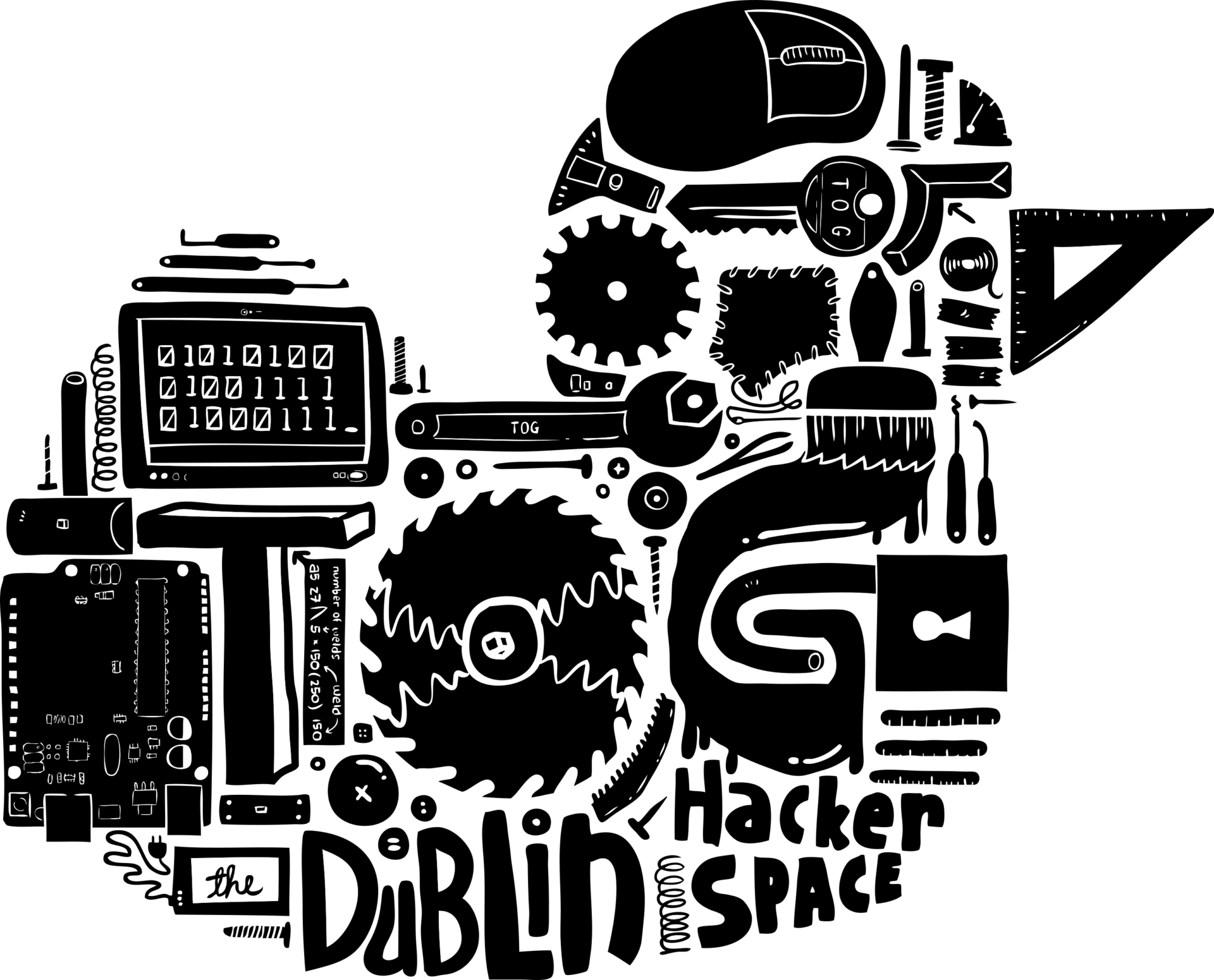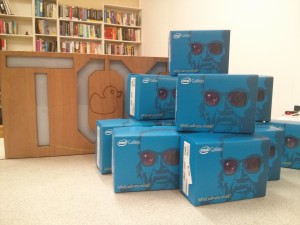We are having an informal “brewing equipment day” on March 12th in the new TOG space at 2pm. The goal is to meet up for a few hours to clean up a corner to store the brewing equipment. This is an opportunity for people who had offered to donate brewing equipment to TOG to bring in their gear and give it a home. We will also be giving tours of the space to show anyone around who hasn’t seen the space yet. In short this is what we will be doing:
– Clean up the potential brewing corner
– Give tours of the space to those who haven’t seen it yet
– Make an inventory of all of the brewing equipment
– Label all of the equipment
– Make a plan/list of what else we need if anything
– Pick a date for the first brew-day of the new space
The goal of the brewers within TOG is to establish and maintain a high end brewing system to give brewers of all levels access to equipment that they might not have at home. This would enable all members to brew beer, wine, mead or cider in the space without needing to own any equipment, they merely need to purchase ingredients. As the spring/summer approaches we will start up the monthly brew days again with a bit more structure. We will brew a beer in advance for the open socials along with members brewing their own beer too.
Edit, thanks to everyone that came out this afternoon to help clean the space. Here is the area before it was cleaned:

And here is the area afterwards:

There is now enough equipment for someone to brew a batch of beer in TOG. 🙂


 We have graciously received a donation from
We have graciously received a donation from 



